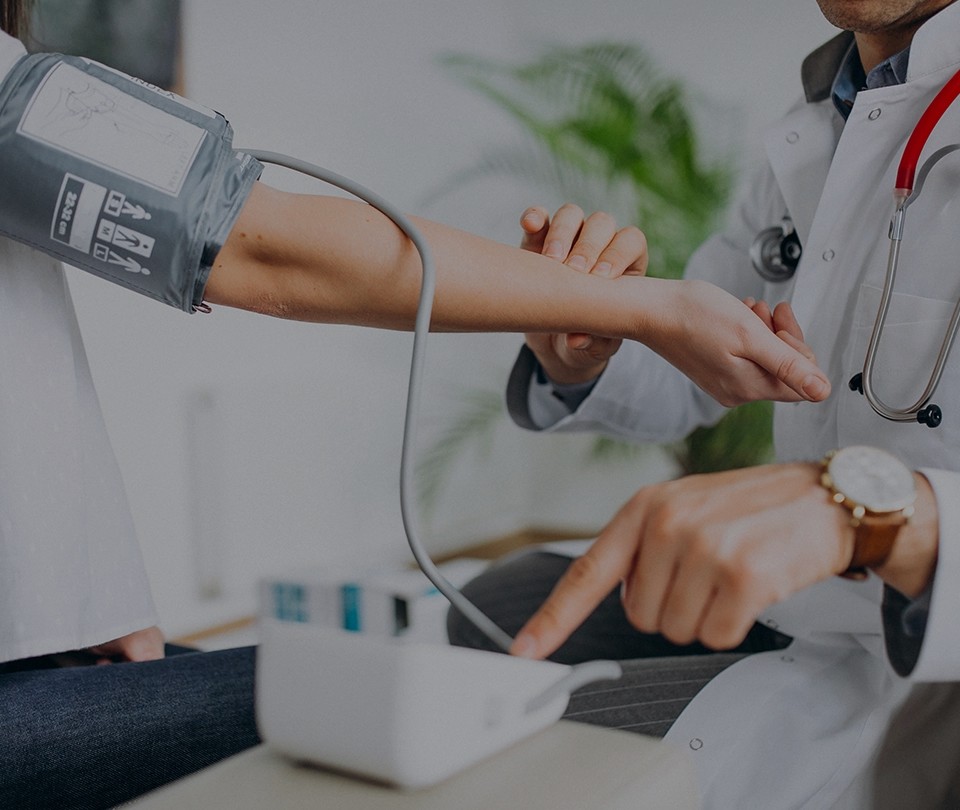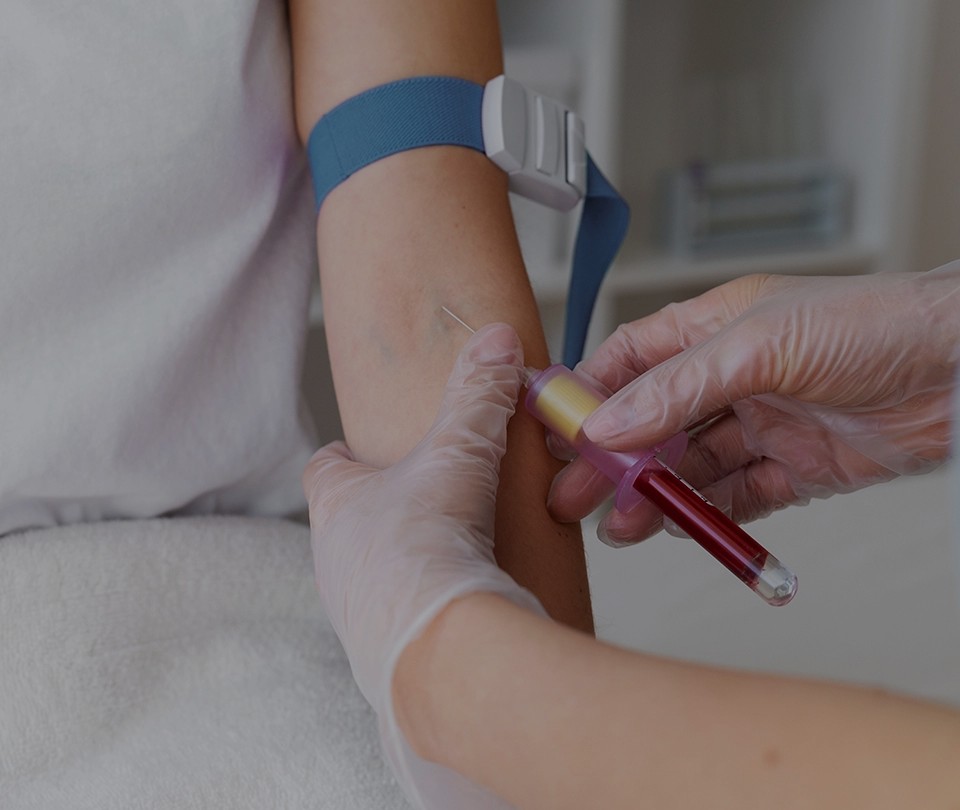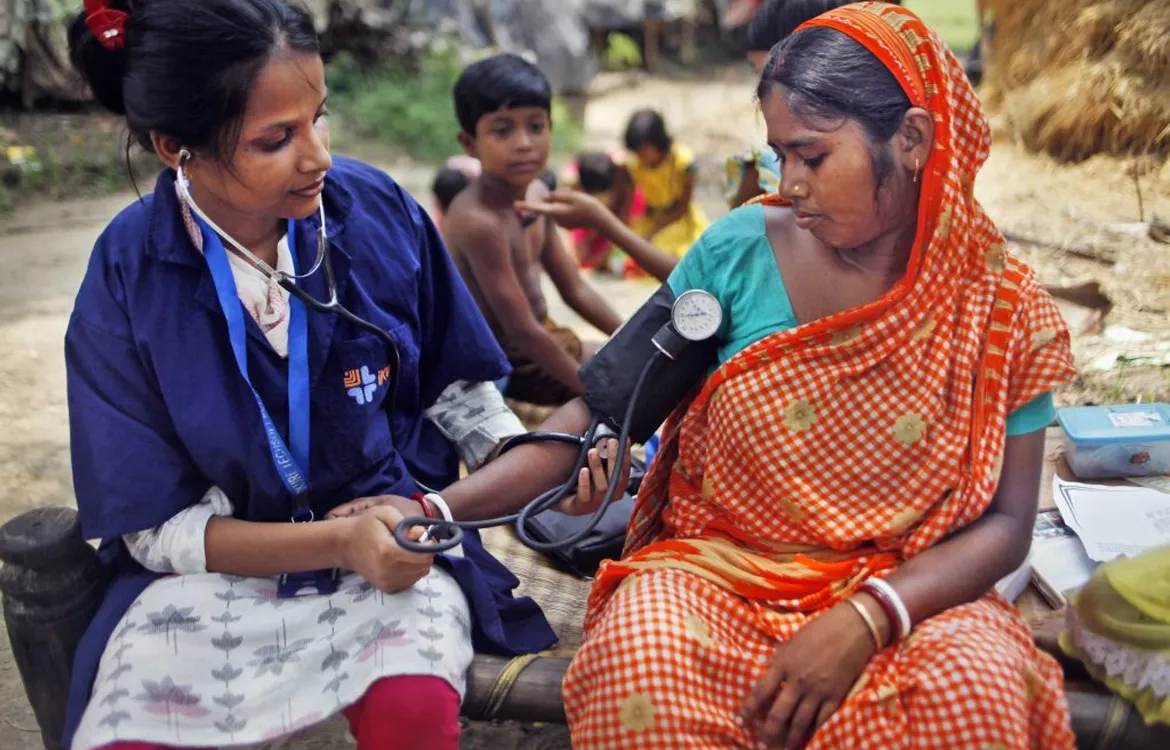When we speak of healthcare, we often focus on physical illness fevers, wounds, infections. But what about the pain we can’t see? In many communities, mental health remains a silent crisis, overlooked and untreated. At Sozhaa Foundation, we believe that true wellbeing includes the mind as much as the body. Strengthening primary healthcare is the first step in supporting mental health especially for vulnerable and underserved communities.
By integrating mental health into basic healthcare services, we can reach more people, sooner, and save lives silently suffering in the shadows.



The Hidden Struggles in Our Communities
Mental health issues such as anxiety, depression, trauma, and stress are more common than we think. But in rural and low-income communities, these problems often go undiagnosed and untreated. Cultural stigma, lack of awareness, and limited access to mental health professionals create barriers that can have lasting consequences.
Take Selvi, a single mother from a rural area, who was overwhelmed by emotional stress after losing her husband. With no one to talk to and no understanding of mental health support, she began to withdraw, affecting her children and daily life. It was only when she visited a Sozhaa-supported primary clinic for a routine health check that a trained nurse noticed the signs and offered counseling and referral support. Selvi’s healing began not in a specialized mental health center but in a primary care setting that recognized and respected her emotional pain.

Primary healthcare is often the first and only point of contact for many people in need. When mental health is included in this first level of care, it becomes more accessible, less stigmatized, and more likely to be addressed early.
Mental health needs a great deal of attention. It’s the final taboo and it needs to be faced and dealt with – Adam Ant
At Sozhaa Foundation, we are committed to weaving mental wellness support into every layer of our primary healthcare initiatives. We work closely with community clinics to ensure that mental health is not treated as a separate issue, but as an essential part of overall wellbeing. Our efforts include training local healthcare workers to recognize the signs of emotional distress, offering basic counseling and emotional first aid, and ensuring that individuals with more severe needs are referred to psychologists or mental health professionals through trusted networks.










